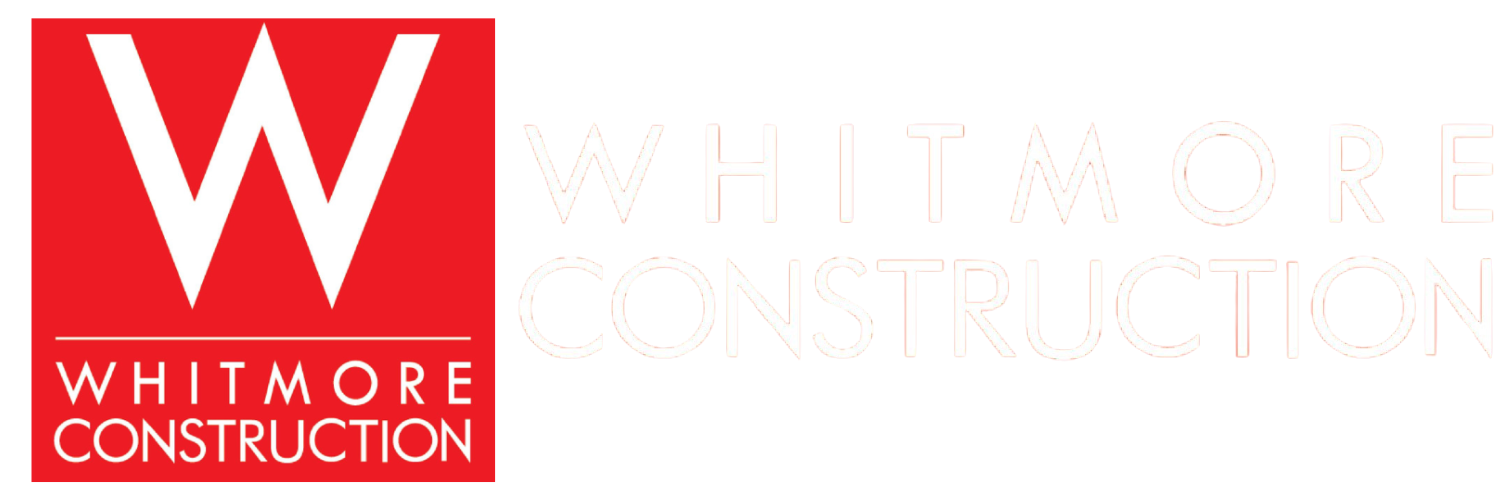 In the fast-paced world of construction, managing cash flow can often be a daunting task. One effective solution that many construction companies in El Paso are turning to is invoice factoring. This article delves into understanding invoice factoring, its benefits, how to choose the right company, its implementation, and overcoming common challenges.
In the fast-paced world of construction, managing cash flow can often be a daunting task. One effective solution that many construction companies in El Paso are turning to is invoice factoring. This article delves into understanding invoice factoring, its benefits, how to choose the right company, its implementation, and overcoming common challenges.
Understanding Invoice Factoring
Invoice factoring is a financial transaction in which a business sells its accounts receivable to a third party at a discount. This allows companies to receive immediate cash flow, which can be critical for maintaining operations and meeting payroll obligations.
Typically, the factoring process involves submitting invoices to the factoring company, which then provides a percentage of the invoice amount upfront. The factoring company collects the full invoice amount from the customer when it’s due, taking their fee from the total collected.
The Basics of Invoice Factoring
The basic premise of invoice factoring is credit risk management and liquidity enhancement. Construction companies often face lengthy payment terms from clients, making it challenging to cover operational costs. Factoring provides immediate access to cash by leveraging outstanding invoices.
Furthermore, this financial tool is particularly advantageous for businesses that may lack access to traditional financing options, such as loans, due to their credit history or the volatile nature of the industry. By utilizing invoice factoring, companies can avoid the lengthy application processes and stringent requirements often associated with bank loans, allowing them to focus on growth and operational efficiency instead of financial hurdles.
The Role of Invoice Factoring in Construction
In the construction industry, invoice factoring plays a pivotal role by allowing businesses to manage their finances more effectively. With constant demand for materials and labor, timely cash flow is crucial for sustaining construction projects.
Using invoice factoring, construction companies can ensure that they have the funds available for subcontractors, equipment purchases, and other immediate costs, without having to wait for clients to settle their invoices. This proactive financial management can be the difference between a project’s success and its failure. Additionally, factoring can help construction firms build stronger relationships with suppliers by enabling them to pay for materials upfront, often leading to better pricing and terms in future transactions. This creates a cycle of financial stability that can enhance a company’s reputation and reliability in the competitive construction market.
Moreover, invoice factoring can also provide construction companies with valuable insights into their cash flow patterns and customer payment behaviors. By analyzing the data provided by factoring companies, businesses can identify trends, forecast future cash needs, and make informed decisions about project bidding and resource allocation. This strategic approach not only improves financial health but also positions companies to seize new opportunities as they arise, ultimately fostering long-term growth and sustainability in a challenging industry.
Benefits of Invoice Factoring for Construction Companies
Invoice factoring offers numerous benefits specifically tailored for the construction sector. By understanding these advantages, construction companies can make informed decisions regarding their financial strategies.
Improved Cash Flow Management
One primary benefit of invoice factoring is improved cash flow management. Construction companies often experience delays in payments, leading to cash flow shortages. By factoring invoices, companies can convert their receivables into immediate cash, allowing them to cover expenses as they arise.
This cash influx can be particularly beneficial in addressing urgent operational needs, such as payroll or material purchases, without incurring debt. Consequently, businesses can maintain a smooth operational flow and avoid bottlenecks in project completion.
Mitigating Financial Risks
Another significant advantage of invoice factoring is the ability to mitigate financial risks. The construction industry is fraught with challenges, such as late payments and client insolvencies. By outsourcing the collection process to a factoring company, businesses can reduce the burden of credit risk.
Additionally, many factoring companies perform credit checks on clients before purchasing the invoices, helping construction firms avoid potential losses from unreliable customers. This level of diligence can protect a company’s cash flow and overall financial health.
How to Choose an Invoice Factoring Company in El Paso
When considering invoice factoring, selecting the right factoring company is crucial. Not all factoring companies operate in the same way; thus, understanding what to look for can help businesses make the best choice for their needs.
Evaluating the Credibility of Factoring Companies
Firstly, it’s essential to evaluate the credibility of factoring companies. Research their reputation in the industry, reading reviews and testimonials from other construction companies that have utilized their services. A reputable company will have a history of reliability and transparency in their transactions.
Additionally, check their experience in working with construction firms. Specialized knowledge of the construction industry can prove valuable, as these companies understand the specific challenges and cash flow cycles associated with construction work.
Comparing Rates and Terms
It is also vital to compare rates and contract terms among different factoring companies. The costs associated with factoring, such as advance rates and fees, can vary significantly. Companies should aim to find a balance between favorable rates and the services provided.
Understanding the fine print in contracts is equally important to avoid hidden fees or unfavorable terms. A detailed evaluation ensures that companies can effectively weigh the benefits against potential costs before committing to a factoring arrangement.
Implementing Invoice Factoring in Your Construction Business
Once a construction company has chosen a factoring partner, the next step involves implementing this financial strategy effectively within their operation.
Steps to Start Invoice Factoring
Initially, the business should gather all their outstanding invoices and establish a clear understanding of which invoices are eligible for factoring. A well-organized invoicing system will facilitate this process and help ensure all required documentation is ready.
Next, the company should submit the invoices to the factoring company for approval. Once approved, the factoring company will advance a portion of the invoice amounts, providing a significant cash flow boost to the construction firm.
Best Practices for Successful Invoice Factoring
To maximize the benefits of invoice factoring, construction companies should adhere to best practices. Regularly reviewing and maintaining clear records of invoicing is key to ensuring smooth transactions.
Furthermore, fostering strong client relationships can lead to quicker invoice payments, ultimately enhancing cash flow. Clear communication with clients about payment expectations can foster trust and encourage prompt payments.
Overcoming Common Challenges in Invoice Factoring
While invoice factoring can provide substantial benefits, it can also present challenges. Being aware of these obstacles can help construction companies strategize effectively.
Dealing with Late Payments
Late payments remain a common issue in the construction industry. Companies that rely heavily on factoring may find themselves facing delays from their clients, which can impact expected cash flow. To mitigate this, consider setting clear deadlines and follow-ups on invoices.
Additionally, establishing a structured collections process can help manage client expectations and ensure an ongoing dialogue about payment timelines.
Managing Factoring Fees and Costs
Lastly, managing factoring fees and costs is essential. While invoice factoring offers immediate liquidity, it is important for construction companies to monitor the fees associated with this financing method. Over time, these costs can accumulate, leading to reduced profit margins.
Regularly revisiting the financial arrangement can help construction firms ensure they are achieving a favorable return on investment through their choice of factoring services.
In conclusion, invoice factoring presents a valuable solution for construction companies in El Paso looking to bolster their cash flow and enhance financial stability. By understanding its mechanisms, benefits, and implementation strategies, businesses can effectively navigate this dynamic financial landscape.
Ready to take control of your construction company’s cash flow and ensure the success of your projects? Look no further than Whitmore Construction. With our comprehensive in-house services and partnerships with expert vendors, we’re prepared to support your needs with a team that’s already in place and ready to deliver exceptional results. Our commitment to integrity, customer satisfaction, and continuous improvement means you can trust us to exceed your expectations. Whether it’s aerial or underground construction, utility relocation, or specialized construction, our experienced and fully insured professionals are equipped to handle the demands of any project, big or small. Don’t let financial constraints slow down your progress. Start Now! with Whitmore Construction and experience a seamless solution to your cash flow challenges.
